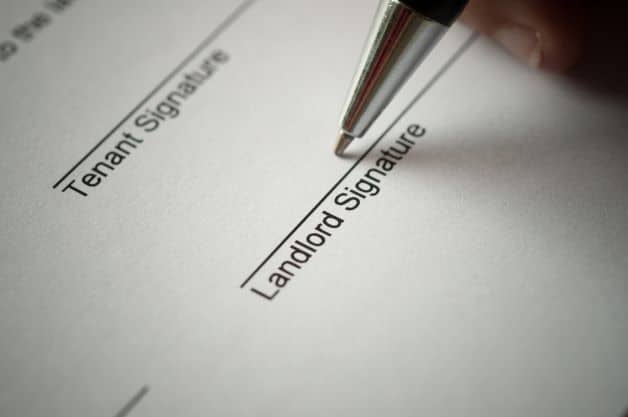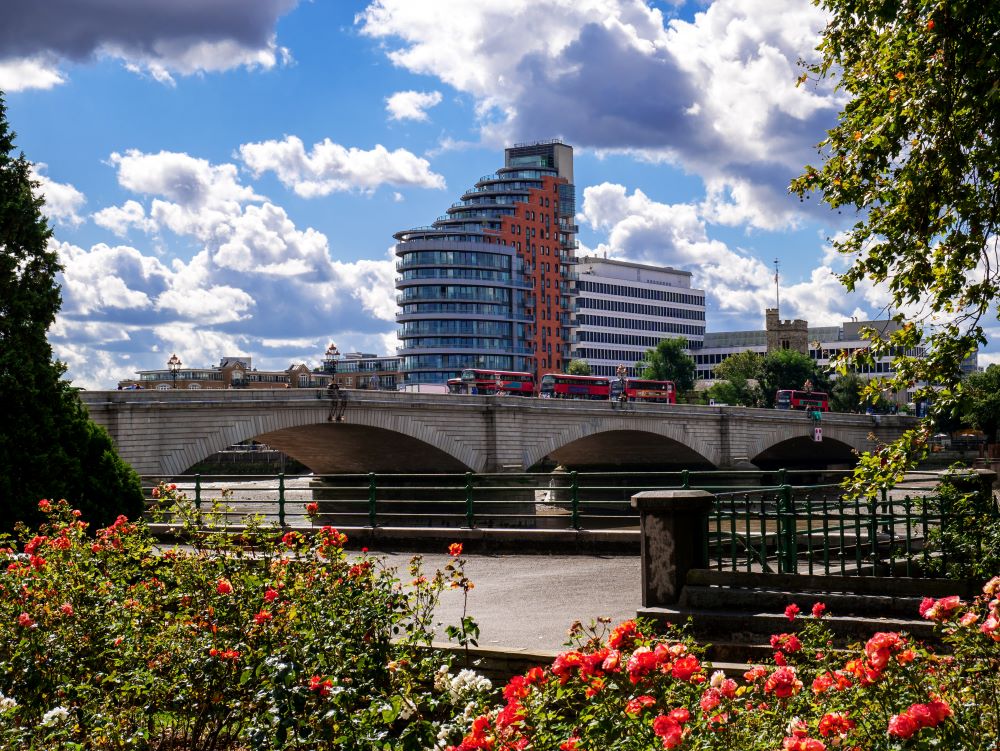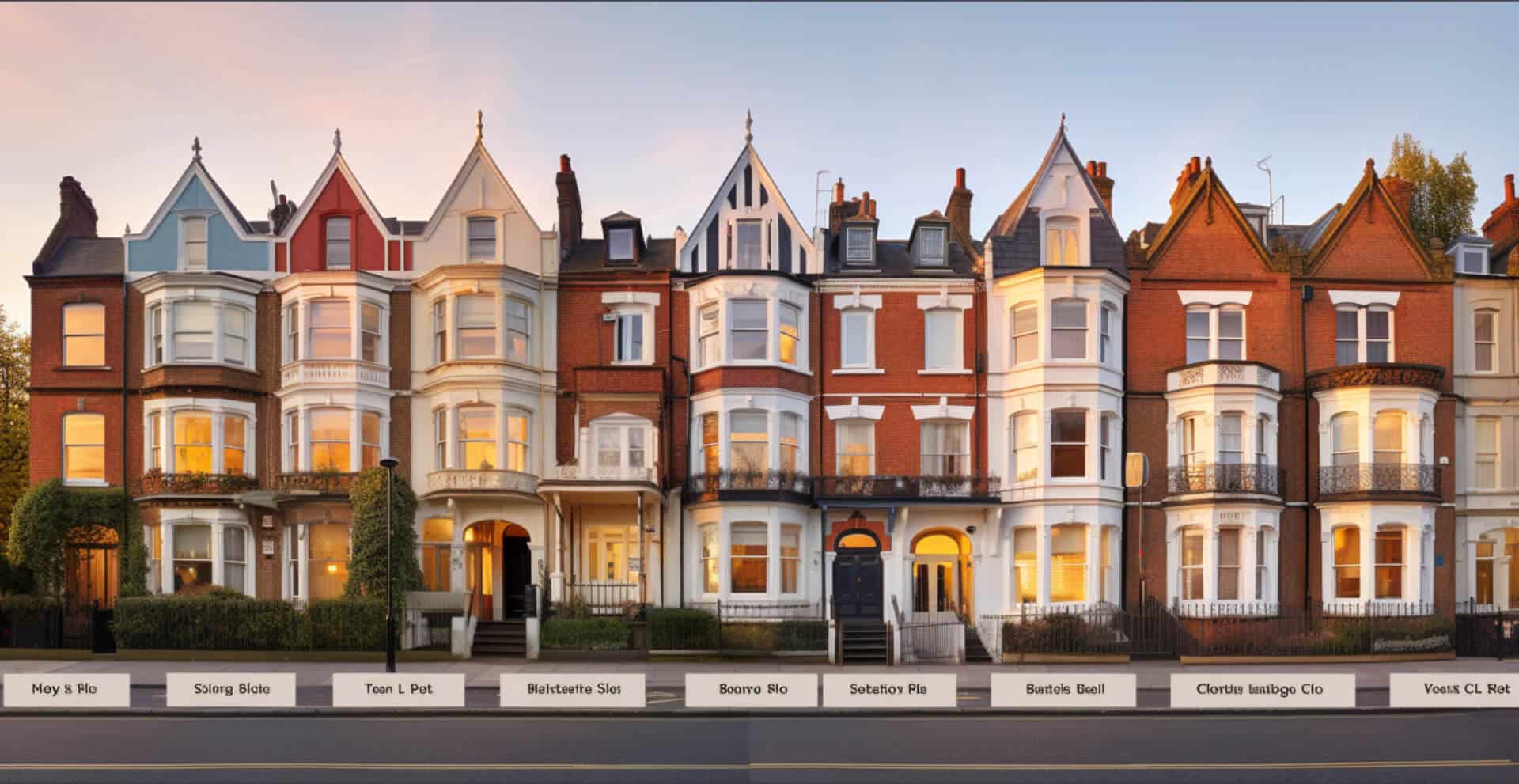
If you have a sizeable property available to let out, and you are looking for ways to make some additional money, then you may wish to consider becoming an HMO landlord.
There are several significant benefits to this form of tenancy, including the fact that HMO landlords make more money than those who rent to small numbers of tenants. However, there are also a number of important factors to take into consideration before you decide to take the plunge and become the landlord of an HMO.
Let’s take a look at what these factors are and how they may affect you – but first, let’s explore the precise definition of an HMO.
Definition Of An HMO
According to the government, an HMO is a property that is “rented out by at least three people who are not from one ‘household’ (for example, a family) but share facilities like the bathroom and kitchen.” HMOs are also often described as ‘house shares’.
You May Need To Apply For A License
Landlords of HMO properties are required to apply for a license if they are renting out what is dubbed a large HMO. A large HMO is defined as a property where at least one tenant pays rent, several or all tenants are sharing the kitchen, bathroom and toilets, and it is rented to five or more people who make up more than one household. However, even if you do not have a large HMO, you may still need to take out a license; it depends on your location and your local council’s rules. If your council does require a license, it’s vital you comply, as if you are found to be operating an HMO without the appropriate licensing you can be handed an “unlimited fine”.
You Will Need The Right Insurance
As well as applying for your license, you may also wish to take out HMO landlord insurance from Quotezone. This is not a legal requirement. It may be required by your mortgage provider, but it is probably a good idea, nonetheless. If anything does go wrong, your insurance will give you additional protection. Without it, you risk incurring substantial costs if any damage or legal issues arise.
You Will Need To Meet Strict Legal Requirements
There are a number of conditions you and your property will have to meet in order to avoid any penalties. For example, you will need to ensure that the property has adequate facilities to meet the requirements of the number of tenants you are planning to accommodate. You will also need to make sure that the property is properly maintained and meets health and safety standards; in addition, you will need to provide safety certificates for electrical appliances, as well as an up-to-date gas certificate, which is required on an annual basis.
As for you as the landlord, you should not have a criminal record or any history of breaching landlord regulations or the landlord’s code of practice. As long as you adhere to these rules, then there is no reason why you cannot become a successful HMO landlord.



